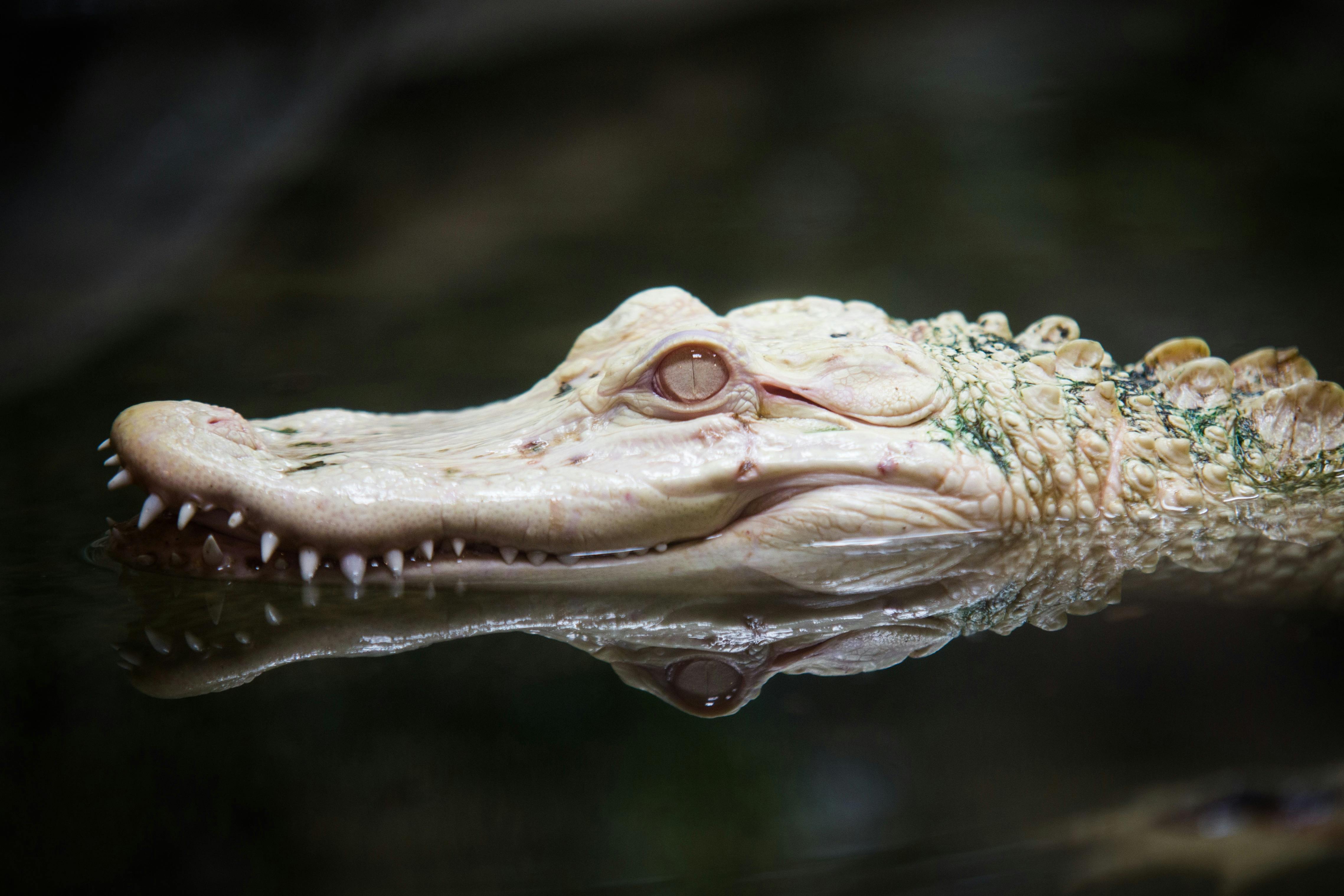
Effective Ways to Care for Emerald Dwarf Rasbora
The emerald dwarf rasbora is a stunning addition to any aquarium, beloved for its vibrant colors and peaceful nature. As many aquarists seek to enrich their community tanks with these tropical fish, it’s essential to understand their specific care needs to ensure their happiness and health.
Understanding Emerald Dwarf Rasbora Habitat
In any freshwater aquarium, creating a suitable habitat for your rasbora species is critical. The emerald dwarf rasbora thrives in well-planted, soft-water environments, reflecting their native habitats found in rivers and streams across Southeast Asia. These peaceful fish prefer an environment with plenty of aquatic plants, like Java moss and Anubias, where they can hide and explore.
Water Parameters for Healthy Fish
Maintaining the right water parameters is vital for fish health. The emerald dwarf rasbora thrives in slightly acidic to neutral pH levels (5.5-7.0) and temperatures between 24-28°C (75-82°F). Regularly monitor these conditions to ensure your aqua environment remains stable. Partial water changes are recommended weekly to maintain optimal water quality.
Aquascaping for Active Fish
A well-planned aquascape enhances not only the beauty of your aquarium but also benefits the active fish such as the emerald dwarf rasbora. Incorporate a variety of aquatic plants and soft decorations to create hiding spots where these tiny schooling fish feel secure. Utilizing driftwood and stones can help mimic their natural habitat, promoting a dynamic aquatic ecosystem.
Community Tank Dynamics
When selecting rasbora tankmates, it’s crucial to keep their peaceful nature in mind. Suitable companions include other small, calm community fish like neon tetras and otocinclus. Avoid aggressive species that may stress your emerald dwarf rasbora and disrupt their social structures. A well-balanced aquarium allows all fish to thrive.
Feeding and Dietary Needs
Proper nutrition is key in keeping your aquarium fish healthy and vibrant. The emerald dwarf rasbora benefits from a varied diet consisting of high-quality flakes and micro-pellets, along with occasional treats like brine shrimp or daphnia. Consider feeding them multiple times a day in small amounts to promote growth and ensure they receive the necessary nutrients for longevity.
Nutrition for Diverse Fish Diets
Providing a balanced diet not only supports individual fish health but benefits the overall population in your tank. Regularly incorporating freeze-dried foods, along with spirulina flakes, enriched with vitamins can aid in enhancing the fish’s coloration and improving their vitality. Aim for diversity to mimic their natural food sources in the wild and keep feeding exciting!
Daily Feeding Schedule
Maintaining a consistent feeding schedule is essential in managing fish maintenance effectively. Feed your emerald dwarf rasbora once or twice daily, adjusting the quantity depending on population size and activity levels. Observe their feeding behavior to ensure everyone gets enough to eat — this can foster an environment where growth thrives and diseases are minimized.
Establishing Feeding Routines
Creating a routine for fish feeding can reduce stress within your community tank. By establishing fixed times for feeding, your emerald dwarf rasbora will learn when to expect their meals, which can help in promoting natural behaviors. Consistency in feeding reduces anxiety and helps in maintaining overall fish welfare.
Breeding and Reproductive Habits
Caring for breeding emerald dwarf rasboras can be a rewarding challenge for aquarists. They are not often bred in captivity, but with optimal breeding conditions, it can be achieved. For successful breeding, ensure that the water conditions are ideal, with slightly acidic pH levels and ample vegetation for spawning.
Breeding Requirements and Setup
To foster a breeding environment, consider a separate fish enclosure for spawning. A cozy tank filled with fine-leaved aquatic plants provides a perfect space for females to lay eggs without fear of being eaten by other fish. An increase in temperature a few degrees can also stimulate spawning behavior. Monitor and maintain ideal water chemistry for the best outcomes.
Common Breeding Challenges
As a novice in fish breeding, understanding and overcoming potential challenges is vital. One challenge specially includes ensuring the fry have the right food. After hatching, it is crucial to provide them with infusoria or powdered food until they grow large enough to consume miniature fish flakes. A disruptive male can also stress the female, so it’s a good idea to monitor their interactions carefully.
Post-Breeding Care
Once the breeding cycle is completed and the fry are free-swimming, it’s important to either separate them from adults or remove the adults from the breeding tank altogether. This will help ensure their survival and allow them to grow without intimidation. Gradually introduce the fry to the main tank system once they reach an appropriate size.
Conclusion: The Joy of Keeping Emerald Dwarf Rasbora
Caring for the emerald dwarf rasbora presents both challenges and rewards for fish enthusiasts. Comprehensive understanding and dedication to their needs within the freshwater aquarium will go a long way. With the right environment, nutrition, and care, these beautiful little fish can thrive and bring color and joy to your aquatic setup.
FAQ
1. What size tank is best for emerald dwarf rasbora?
An ideal tank size for about 6-10 emerald dwarf rasboras is at least 10 gallons. This allows ample swimming space and stability in water conditions.
2. Can emerald dwarf rasbora live with larger fish?
It is advised not to house emerald dwarf rasboras with species that are larger or known to be aggressive, as they may feel threatened. Small, peaceful community fish are the best companions.
3. How often should I feed my emerald dwarf rasbora?
Feed your fish small amounts twice a day. Proper nutrition at regular schedules helps maintain their health and reduce stress.
4. What should I do if my emerald dwarf rasbora is not eating?
If your fish refuses to eat, check the water quality and conditions. Stress from unsuitable environments can lead to a lack of appetite.
5. Are emerald dwarf rasbora hardy fish for beginners?
Yes, they are considered suitable beginner fish, but proper research and care ensure their happiness and longevity in your aquarium.